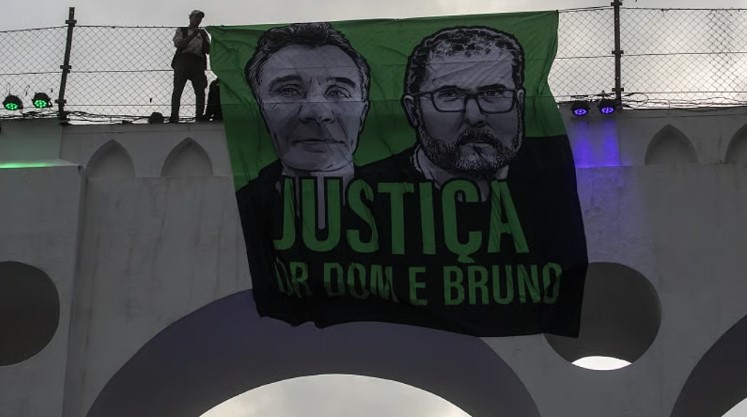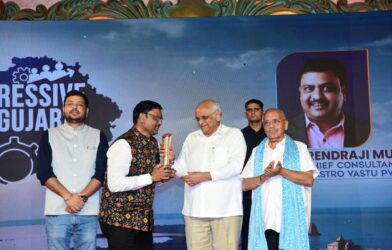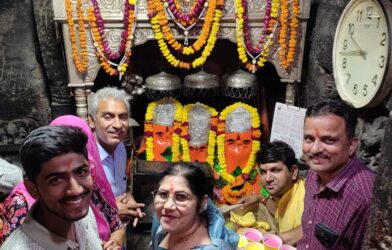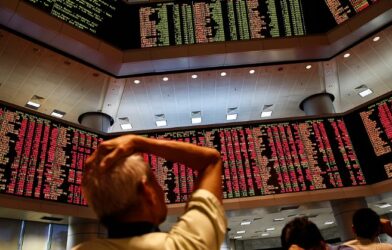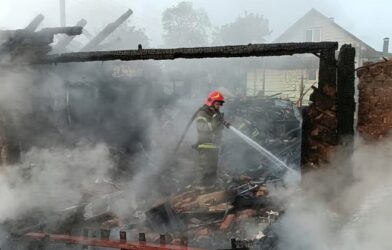Rebuilding a Book from a Legacy
By the time of his death, Phillips had written the introduction and nearly four of ten planned chapters. He had also outlined the rest to varying degrees of detail and left behind pages of handwritten notes — many difficult to decipher.
“Even Dom didn’t yet know exactly what he would do in those chapters,” said Watts. But his intent was clear: he wanted to write a character-driven travelogue highlighting the people of the Amazon — individuals with deep knowledge of the region and innovative ideas to protect it.
The team took care to honor that vision. Writers were chosen to complete the unwritten chapters, covering themes from grassroots bioeconomy initiatives to the global financial forces influencing deforestation. A crowdfunding campaign supported further reporting. The afterword was co-written by Beto Marubo, an Indigenous leader from the Javari Valley who had worked closely with Pereira.
A Changing Political Landscape
Phillips had done most of his research during the administration of right-wing President Jair Bolsonaro, under whom Amazon deforestation surged to a 15-year high. But by the time the book was completed, leftist President Luiz Inácio Lula da Silva had returned to office, and the pace of destruction had begun to slow. The team had to ensure the book reflected that evolving political reality — without losing sight of the deeper, systemic issues.
Grim Realities, Fleeting Hope
Throughout the book’s 300-plus pages, moments of inspiration are tempered by hard truths. In Chapter 2, Cattle Chaos, Phillips reports that 16% of Brazil’s Amazon has already been converted to pasture. Even environmentally conscious farmers are critiqued for relying heavily on fertilizers.
Elsewhere, journalist Jon Lee Anderson profiles Ashaninka leader Benki Piyãko’s reforestation project — a blend of spiritual healing, fish farming, and environmental restoration. Yet he questions whether such efforts can be scaled amid global economic pressures and climate threats. As World Bank economist Marek Hanusch tells him, “At the end of the day, deforestation is a macroeconomic choice, and so long as Brazil’s growth model is based on agriculture, you’re going to see expansion into the Amazon.”
A Legacy Beyond the Pages
In the foreword, the five core collaborators acknowledge that they never believed their writing alone could save the Amazon. But they could continue what Dom began: asking the people closest to the forest for answers, and amplifying their voices.
Ultimately, the book is more than an environmental call to action — it’s a declaration of friendship, resilience, and journalistic integrity. “The most important thing is that this is all about solidarity,” said Watts. “Solidarity with our friend, and with journalism in general.”

